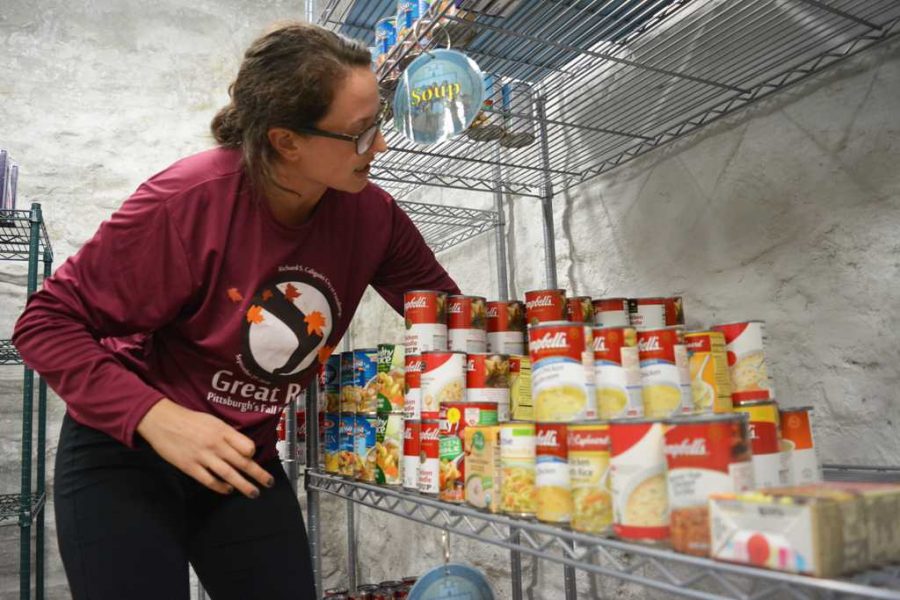Pennsylvania health officials are dedicating themselves to take a bite out of hunger — or so they say.
On Wednesday, the state’s secretaries of Human Services, Agriculture and Aging announced a plan at the Central Pennsylvania Food Bank to expand public hunger relief programs. Included in the strategy is an increase in Supplemental Nutrition Assistance Program, or food stamps, participation from 90 percent of eligible recipients to 98 percent and improved access to the Women, Infants and Children nutrition program.
While these efforts are a beneficial step toward improving food insecurity, which, according to the Pittsburgh Post-Gazette, affects more than 1.7 million people, some people will still be left behind: students. Part-time students deserve to eat too, and government aid programs should take care to include them.
According to the U.S. Department of Education, nearly 75 percent of the 8.6 million students who received the Pell Grant reported having no savings or cash on hand when entering college, and, according to the Food Research and Action Center, food-insecure students had lower GPAs and higher rates of poor health than their food-secure counterparts. They were also twice as likely to work a job on top of their course loads.
Despite those statistics, most students are ineligible to collect food stamps. If someone is enrolled in an institution of higher education at least half time, they don’t qualify for SNAP benefits. Even those who are otherwise eligible have to fulfill requirements including participation in work study jobs and taking care of children under the age of 6.
Such requirements prevent people from taking advantage of public benefits, but they also make it difficult for those returning to school for work certifications or maintaining limited course schedules at community colleges to qualify.
On Pitt’s campus, student groups like the Food Recovery Heroes are doing their small part to fight hunger by collecting unsold food at eateries around campus and giving it to food banks like Pressley Street High Rise, Jubilee Soup Kitchen, Finello Pavilion, Community Human Services, Pitt Pantry, Focus Pittsburgh and School 2 Career.
By collecting food from the Oakland Bakery and Market, Market To-Go, Market Kosher, Einstein’s Posvar, Einstein’s Benedum and the FeelGood Deli, the group has been able to donate up to 4,000 pounds of food per year to food banks.
But like food stamps, food banks weren’t designed for people attending college, they were built for those often too poor to imagine doing so. That doesn’t mean, though, that people attempting to improve their lives and leave those circumstances through education don’t require relief. They shouldn’t have to choose between education and food, and it’s worth our state’s time to address the overlooked needs of hungry students.



